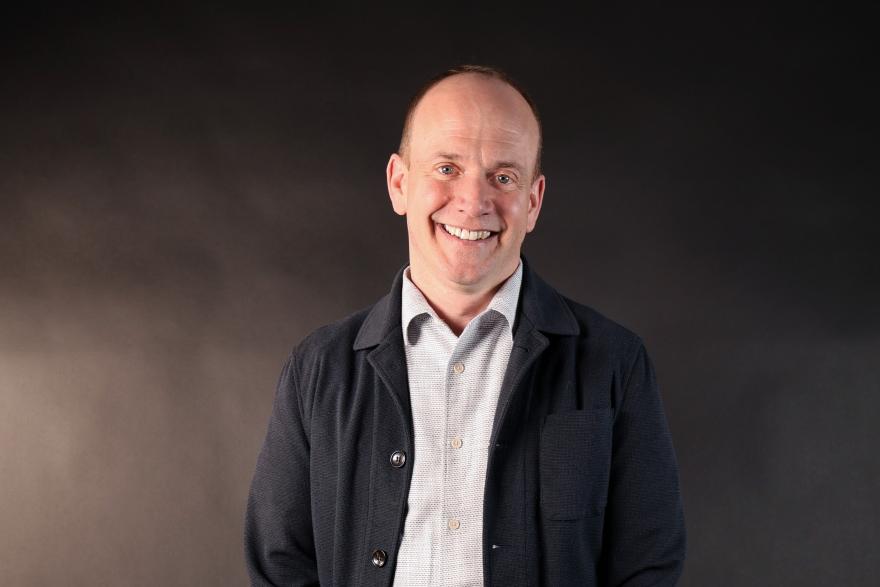Q: Do you see any emerging roles or areas where this intersection is likely to have the most significant impact in the coming years?
A: In the coming decade, there are so many sectors that will be transformed by the intersection of design, AI, and technology. But I often think about my own area: higher education. In many ways, universities are still following educational models from the 19th century, and AI innovations are going to happen so quickly that we will struggle to keep pace.
For example, AI can now solve many analytical problems in STEM (Science, Technology, Engineering, and Mathematics) fields and it is only going to get better, so where does that leave higher education? How will we train engineers, scientists and entrepreneurs to be leaders in the coming decades? I think this will require us to innovate more quickly than we would have otherwise.
Q: In your opinion, what role do awards like DAITA play in fostering innovation and raising awareness in these fields?
A: Awards like DAITA are massively important. We can’t predict where things are going, but we can support promising ideas at various stages of development. At MIT, we give out prizes to students and alums almost weekly and this fosters an ecosystem of risk-taking and entrepreneurship that is always invigorating.
Q: For students and professionals interested in exploring the intersection of design, AI, and technology, what key skills or mindsets do you believe are essential?
A: Curiosity and creativity. We must ask the right questions, synthesise unrelated disciplines, and propose creative solutions that work for society. And that is where the field of design can add tremendous value for AI and technology. This requires empathy and listening as well as creativity. I think we should encourage transparent experimentation with AI across many fields.
Q: What are your hopes for the future of the Design AI and Tech Awards and its impact on the design and technology landscape in Singapore and globally?
A: Singapore has long been a global leader in innovation and education, and I hope that the Design AI and Tech Awards will continue to foster this innovative spirit. While most of the entries came from Asia, I would love to see the applicant pool expand to become more global in the coming years.
Q: Were there any key takeaways from the judging process that you will carry forward in your own work or teaching?
So many! Above all, that there is great value in sponsoring awards like DAITA. Even if teams don’t win, just the act of getting organised and speculating a path forward is really valuable for them. So I will encourage my own students and colleagues to keep exploring their passions and proposing new ideas to incorporate AI. And if they don’t win at this stage, they should apply again. After all, they probably just got the wrong jury this time around!


